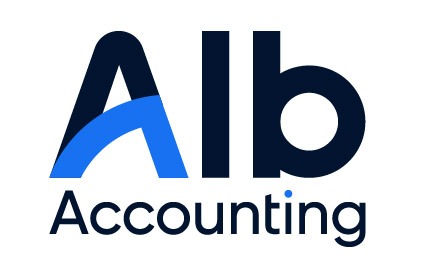The Autumn Budget looms, set for 30 October. There has been plenty of talk about changes, especially in taxes that hit the wallets of people across the UK.
This series will cut through the noise, taking a close look at the taxes that might change and what those changes could mean for you.
Today, we turn our attention to Capital Gains Tax (CGT).
Capital Gains Tax in plain terms
CGT is what you pay on the profit you make when you sell capital assets such as a second home, shares, a business asset, or personal items worth over £6,000 (excluding cars).
Right now, you’re looking at a 24 per cent hit on gains from residential property and 20 per cent on other assets.
There’s also a small exemption to offer some relief – £3,000 for individuals and £1,500 for trusts.
But these rates and exemptions might not stick around. There’s talk that Labour could push to bring CGT in line with Income Tax.
If that happens, tax bills could climb fast, especially for those who already pay the most. If the rates go up, so does your burden.
Thinking about crystallising and rebasing
With a possible rate hike on the horizon, now might be the time to consider strategies like crystallising and rebasing.
These are ways to manage what you’ll owe in the future.
Crystallising gains
Crystallising gains means selling an asset to lock in the profit you’ve made.
This turns your paper profit into real gain, taxed at today’s rates. If CGT goes up, crystallising now could save you a fair amount by securing the lower rates that currently stand.
Rebasing assets
Rebasing resets the base cost of an asset to its current value. You sell, then buy back, establishing a new, higher base cost.
This strategy works, but it needs care, especially with shares. The rules can be tricky, and if you’re thinking about this, it’s wise to speak to our experienced team for guidance.
Consolidating capital losses
Another move to think about is consolidating capital losses. These can be used to offset future gains, offering a buffer if CGT rates rise.
By offsetting gains with losses now, you might soften the blow of any future sales, especially if rates go up as many expect.
Estate planning and resetting asset values
There’s also talk that the Government might scrap the practice of resetting an asset’s value at death for CGT purposes, except for assets subject to Inheritance Tax.
This reset currently helps reduce the CGT heirs owe when they sell inherited assets.
If this policy goes, heirs might face higher CGT bills, pushing many to rethink their estate plans.
While nothing is set in stone, these possibilities highlight what might be on the table in the Autumn Budget. We’ll keep you updated as more details come to light.
For now, if you need advice or a plan to prepare for the Budget, we’re here to help. Reach out today.
